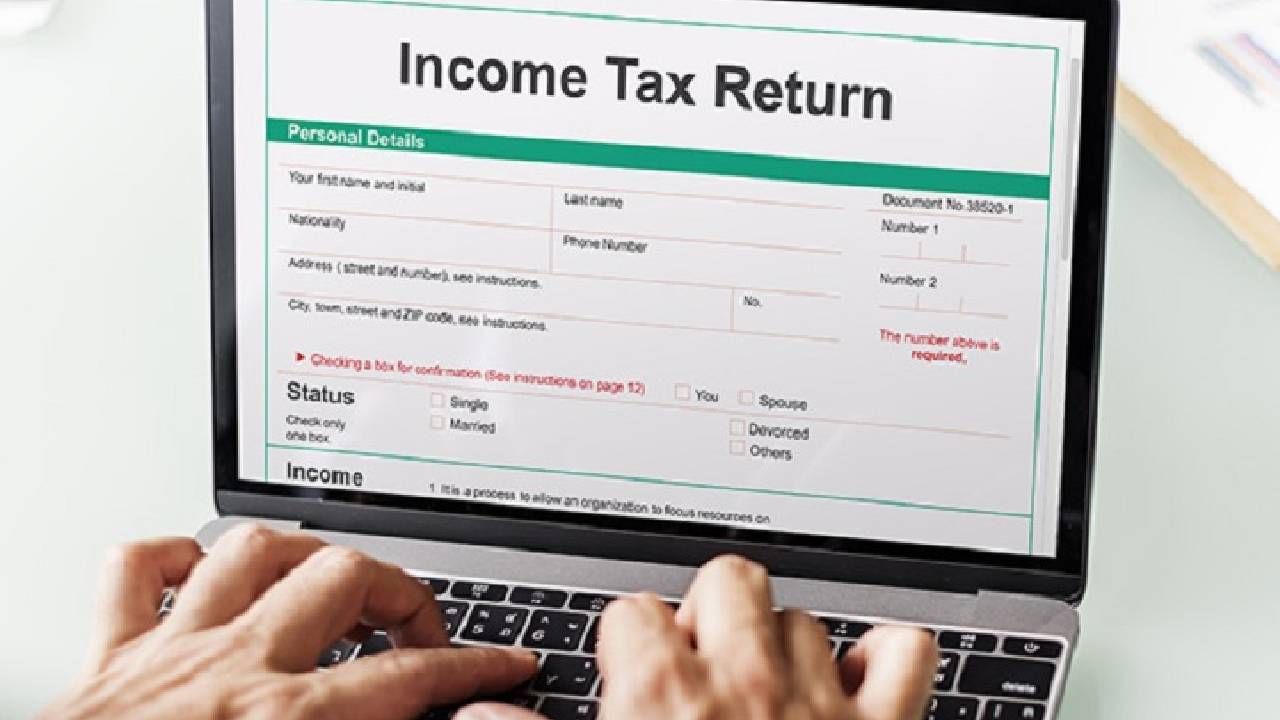Why is it necessary to fill ITR even after death? Who has to do this work
Income tax returns (ITR) filling is a legal process, which every qualified person has to fulfill. But do you know that even after a person’s death, his ITR may have to be filed? Yes, if you do not do so, the family or successor of the deceased can even get a tax notice.
Why is it necessary to file ITR if a person has died?
If a person dies during a financial year and that year he had earned taxable income, then despite his death it is necessary to file ITR of that year. The Income Tax Department sees it as Income Before Death.
Who does ITR file?
The responsibility of filing ITR on behalf of the deceased person is on the person who is called legal heer or legal heir. These successors are usually a family member such as wife, husband, son, daughter or close relative.
Process to file ITR
Identify the legal heir
First of all it is necessary to decide who is the legal hero of the deceased person. For this, proof of death certificate and relationship (eg Aadhaar card, family register etc.) is to be given.
Register on income tax portal
The legal successor has to register himself as a representative assessie on the Income Tax Department website.
Upload the document
During the registration, you have to give evidence of the death certificate, identity card and heir of the deceased person.
File ITR after getting approval
When your identity is approved by the Income Tax Department, you can file an ITR of the financial year on behalf of the deceased in which he died.
What should be kept in mind?
- If the person has died before March 31, then ITR is necessary for that year if it crosses the income tax limit.
- If a person had no taxable income, then it is not necessary to file ITR.
- It is also necessary to file ITR to claim refund.
